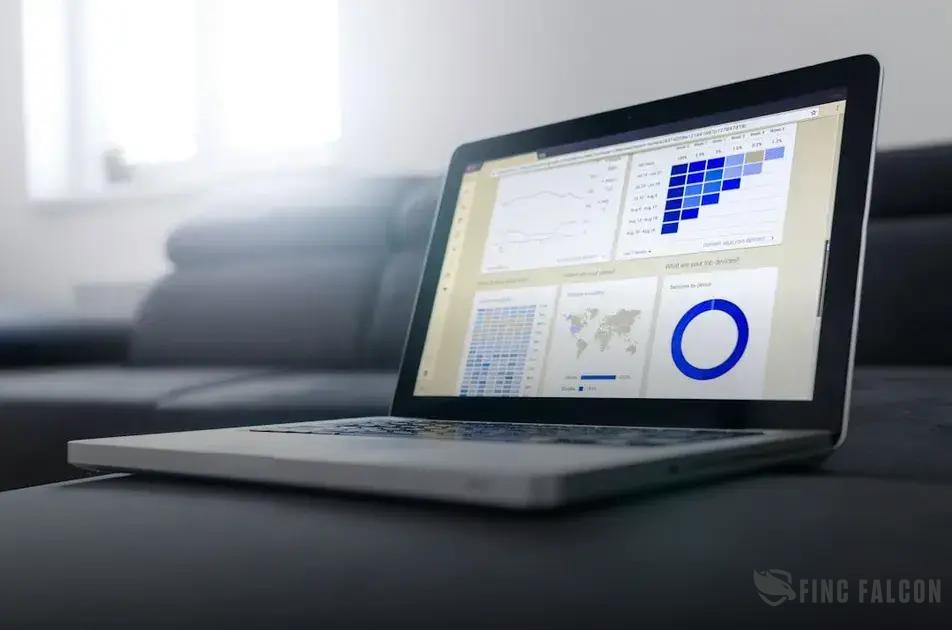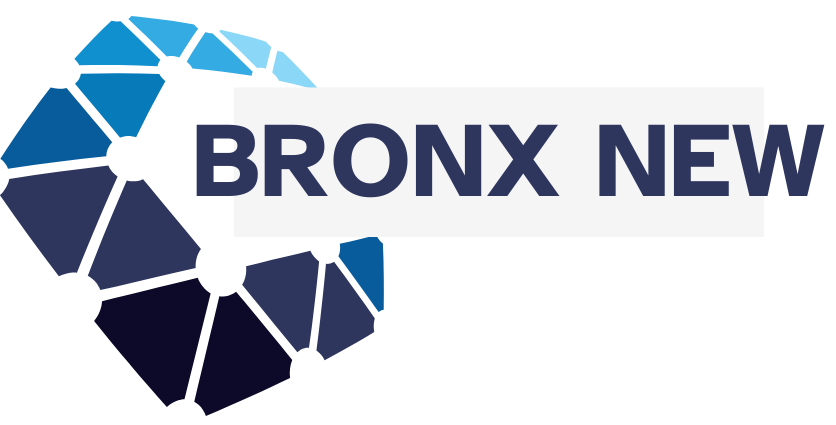In today’s fast-paced world, managing your finances effectively is crucial. Best Financial Apps to Track Your Spending provide innovative tools to help you monitor your expenses effortlessly. These apps can transform the way you handle your budget, ensuring you stay on top of your financial goals. Let’s explore some key insights and features of these powerful financial tools.
Top Features of Financial Apps
When discussing the top features of financial apps, we highlight elements that ensure better user experience and effectiveness in tracking spending. A key feature is real-time tracking, allowing users to see updates on their financial activities swiftly. This aids in immediate decision-making and budget adjustments.
Automatic categorization is another significant aspect. By organizing expenses into categories like food, transport, and entertainment, apps provide a clearer overview of spending habits. This feature saves users time and helps identify areas where they may be overspending.
Another crucial feature is cross-platform synchronization. Users appreciate the ability to access their financial data from multiple devices seamlessly, be it a smartphone, tablet, or computer. This ensures continuity in finance tracking regardless of the device.
Furthermore, many apps offer budgeting tools that allow users to set spending limits on different categories. These tools can send notifications when users approach or exceed their designated budgets, helping them stay on track.
Security remains a top priority with features like two-factor authentication and data encryption. Users need assurance that their financial information is protected, making security features a critical component of any financial app.
Lastly, consider integration with bank accounts and services such as PayPal or Venmo. This integration provides a comprehensive view of finances, simplifying the process of tracking various accounts within one application.
How to Choose the Right App

Choosing the right financial app can greatly enhance the way you manage your finances. To find an app that fits your needs, start by considering your financial goals. Do you want to track daily expenses, monitor investments, or perhaps you need a tool for budget planning?
Compatibility and User Interface: Ensure the app is compatible with your device. A user-friendly interface makes tracking your finances less of a chore.
Security Features
Check if the app offers robust security features like two-factor authentication and encryption to safeguard your personal data.
Budgeting Tools: A good financial app should offer comprehensive budgeting tools that allow you to categorize expenditures and set spending limits.
Consider apps that offer real-time tracking, so you are always up-to-date with your financial standing. Look for apps that sync with your bank accounts and can automatically import transactions for seamless tracking.
Cost: Some apps come with a monthly subscription fee. Determine if the benefits provided by paid features outweigh the costs.
Check user reviews and ratings to understand other users’ experiences and potential issues you might encounter.
Benefits of Tracking Your Spending
Understanding the benefits of tracking your spending can transform how you handle your finances. By using financial apps, you gain insight into your spending patterns. By recognizing these patterns, you can make informed decisions and adjust your spending habits. Financial apps often offer real-time tracking, allowing you to see exactly where your money goes, right when it happens. This transparency empowers you to cut back on unnecessary expenses and increases your savings potential.
Moreover, tracking spending helps with budgeting. Many financial apps offer budget creation features that notify you if you’re nearing your limit in a particular category. This functionality aids in curtailing overspending and encourages month-to-month financial discipline.
Tracking also helps improve your awareness of spending triggers, identifying where and when you are most tempted to spend. This awareness leads to better financial control and conscientious decision-making.
Another benefit is achieving financial goals. By consistently monitoring your expenses through these apps, you can allocate funds more efficiently towards your goals, whether it’s saving for a vacation, paying off debt, or building an emergency fund. The apps can also offer analytics that depict your financial progress over time, which is motivating and encourages further financial planning.
User Reviews and Ratings

User reviews and ratings play a crucial role in selecting the best financial apps. When exploring app stores, pay attention to the ratings assigned by users. A high average rating often indicates that the app meets user expectations.
Positive User Experience
Look for reviews describing smooth functionality and ease of use. Many users appreciate financial apps that have a simple and intuitive interface. This ensures that you can easily track and manage your finances without complications.
Security Matters
Reviews often highlight apps with robust security measures. Users want assurance that their financial data is protected. Look for comments about features like two-factor authentication and data encryption as these are important for peace of mind.
Pay attention to the feedback on customer support as well. Users value responsive support channels, such as live chat or email, which can help resolve any issues quickly.
Furthermore, comprehensive user reviews will typically mention any noteworthy features or standout tools that the financial app offers. These insights can provide additional guidance on whether an app will meet your specific needs.
Finally, consider the number of downloads or installations. High download numbers often correlate with user trust and product reliability.
Future of Financial Apps
The financial technology landscape is continuously evolving, with innovative apps transforming how we manage our finances. These cutting-edge financial apps leverage technologies like artificial intelligence, machine learning, and blockchain to offer more personalized and secure experiences for users.
One significant trend in the future of financial apps is the integration of artificial intelligence to provide real-time financial insights and personalized budgeting advice. This technology can analyze your spending habits and suggest adjustments to help you achieve your financial goals more efficiently.
Another key focus is on enhanced data security. As consumers become more concerned about their digital privacy, financial apps are adopting stronger encryption methods and two-factor authentication to protect user information.
We can also expect increased interoperability between different financial platforms. Efforts are underway to ensure that users can seamlessly transfer data between different apps and banks, allowing for a more integrated financial ecosystem.
Additionally, there’s a growing emphasis on financial inclusivity. Future apps aim to make financial tools accessible to wider audiences, including those who have been underserved by traditional banking systems.
As new technologies and regulations continue to emerge, these apps are likely to evolve, bringing about even more innovations that will shape the future of personal finance management.





